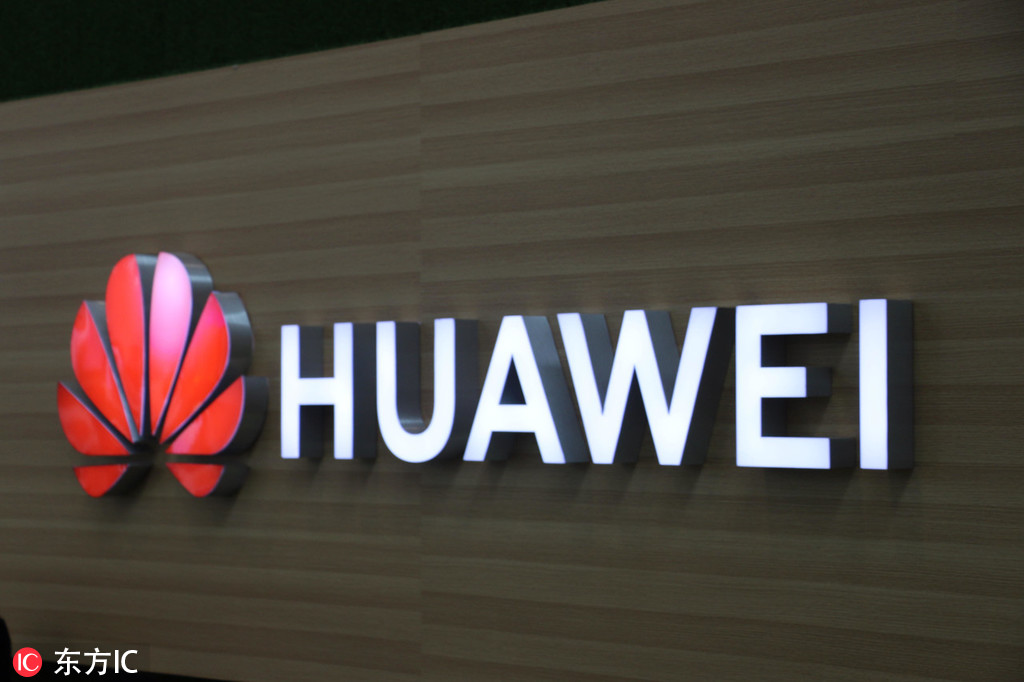Actions in Huawei case questionable
By Song Yunbo | China Daily | Updated: 2019-01-29 07:59

With the United States determined to get Meng Wanzhou, Huawei chief financial officer, extradited from Canada, Foreign Ministry spokeswoman Hua Chunying has reiterated China's solemn stance against Washington's arbitrary action, as it severely violates the spirit of international law. The US' action not only lacks legitimacy but also is tantamount to technology bullying.
The US seeks the extradition of Meng saying she and her company have violated US sanctions on Iran. But Huawei, a leading Chinese telecommunications and high-tech company, has made it clear that it fully adheres to all the rules and regulations of the countries it operates in.
China's stance has been consistent when it comes to US unilateral sanctions on Iran which ignore the UN Security Council view and international law, and are opposed by other countries, including US allies such as Canada.
Washington's action is highly political
The US' unilateral action is highly political. It seems the motivation behind the US move is to deprive China of achieving new breakthroughs in technology, especially in high-tech.
Viewed in the backdrop of the current China-US trade frictions and the Donald Trump administration's "America First" policy, the extradition of Meng from Canada seems related to the US' strategy of suffocating Chinese high-tech companies on the pretext of national security. It also calls into question the US' claim of practicing "independent justice".
Besides, the question of whether Huawei has violated the so-called US sanctions against Iran is not clear. The Meng case is not a simple judicial case but related to the US' move to deliberately hinder China's high-tech development.

Extradition demand is not sacrosanct
However, there are precedents of such US extradition demands being withdrawn. For example, the Barack Obama administration withdrew the extradition demand for 14 Iranians.
Also, there are indications that Washington's move may not be related to US national security rather it could be aimed at gaining the upper hand in the negotiations with Beijing to resolve bilateral trade disputes.
In recent years, the US administration has used national security as an excuse to make it increasingly difficult for Chinese high-tech companies including Huawei and ZTE to do business in the US in an effort to damage their reputation in the field of 5G.
US sanctions on Iran not justified
The US demand for Meng's extradition lacks legitimacy when viewed in the context of international law. Washington asked Ottawa to detain Meng saying her company, Huawei, had violated US sanctions on Iran. But based on the verdict of the International Court of Justice in October 2018, the US sanctions violate the Washington-Teheran economic and consular treaty signed in 1955. Actually, the ICJ urged the US to withdraw its unjustified sanctions.
After the ICJ verdict, the US said it had withdrawn from the treaty with Iran. But that does not make the US' past or current moves legitimate. In addition, the US' withdrawal from the deal is a gross violation of the basic principle of international law.
By contrast, China has consistently adhered to international laws and regulations, and faithfully fulfilled its international obligations while opposing strong-arm tactics and hegemony.
The US' unilateral sanctions against Iran do not have the approval of the UN Security Council. As such, they cannot be cited as a reason to demand the extradition of Meng, or any other person. The sanctions against Iran are based on the US' domestic laws, but US laws are not applicable outside US territory or to people other than American citizens. But the US uses its global political power to force other countries to fall in line.
No solid evidence against Meng
The US Department of Justice has not found any evidence that could prove Meng has violated US laws. In law, a person is innocent until proven guilty-but the US believes otherwise. From the Canadian authorities issuing a temporary warrant to detain Meng on the US' request for extradition to the final verdict that took about 60 days, she was released on bail but without the right to leave the country. This raises questions on the legitimacy of Canada's judicial action.
By abusing their bilateral extradition agreement, Washington and Ottawa have violated Meng's legal rights. Her individual freedom has been infringed upon without any reason as has been her and her company's legal consular protection rights, which in turn have had a serious impact on Huawei's operations and other commercial interests. The lengthy judicial process and its negative effects have also damaged her and her company's reputation.
Domestic laws not applicable overseas
More importantly, the extradition treaty signed by the US and Canada in 1976, and the extradition law formulated by Canada in 1999 cannot be used in the context of the unilateral US sanctions on Iran.
Moreover, based on the principle of achieving shared growth through discussion and collaboration, the US' abuse of power violates all bilateral and multilateral principles. In such circumstances, how can other countries counter the threat of power politics and protect their security interests?
The author is an associate professor at the School of International Law, Southwest University of Political Science and Law.
























